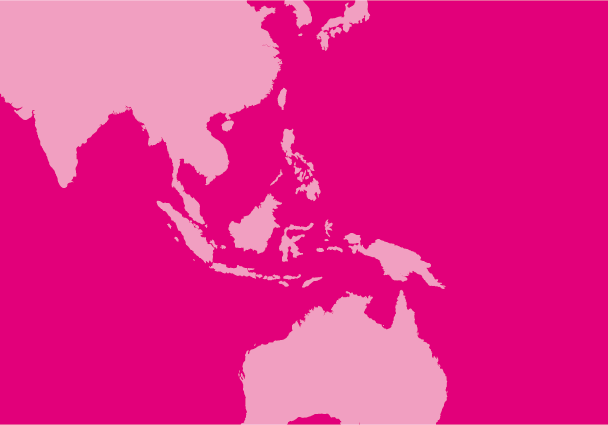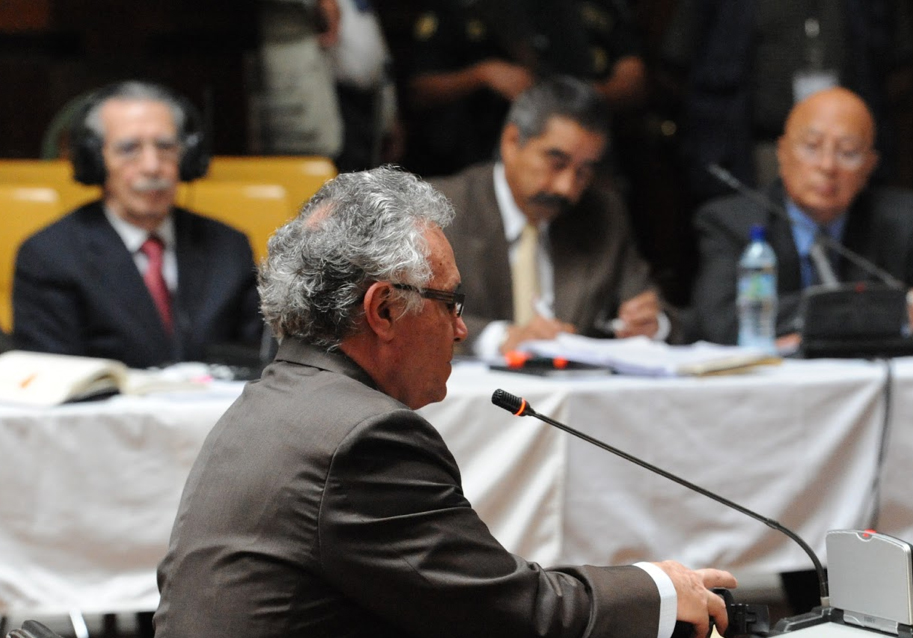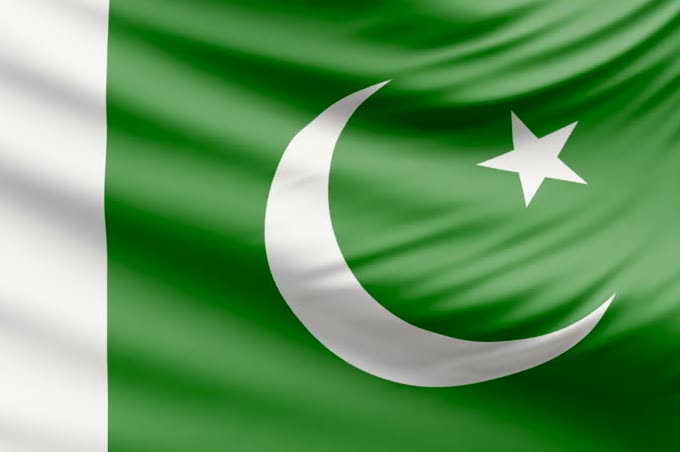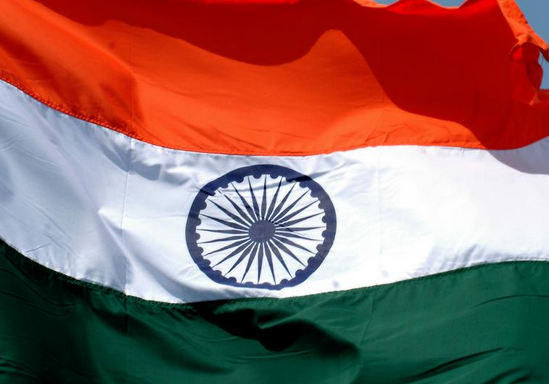
Aug 29, 2016 | News
Tens of thousands of enforced disappearances in South Asia can only be addressed if all the region’s governments immediately criminalize this serious human rights violation, said today lawyers and activists from Bangladesh, India, Nepal, Pakistan and Sri Lanka.
The call came at a Conference on Enforced and Involuntary Disappearances, organized by the ICJ and Human Rights Commission of Pakistan (HRCP) on the eve of the International Day of the Victims of Enforced Disappearances.
South Asia has among the highest number of alleged victims of enforced disappearances in the world: tens of thousands of cases have been documented in Sri Lanka, Nepal, Pakistan and India, and since 2009, there has also been a surge in enforced disappearances in Bangladesh.
“Sri Lanka’s ratification of the Convention on Enforced Disappearance and its pledge to criminalize the practice is a welcome step,” said I. A. Rehman, Secretary General for the Human Rights Commission of Pakistan.
“Other States in the region should now follow suit and show that they are serious about their commitment to human rights by making enforced disappearance a specific crime in their domestic law,” he added.
Under international law, an enforced disappearance is the arrest, abduction or detention by State agents, or by people acting with the authorization, support or acquiescence of the State, followed by a refusal to acknowledge the detention or by concealing the fate or whereabouts of the “disappeared” person which places the person outside the protection of the law.
The UN General Assembly has repeatedly described enforced disappearance as “an offence to human dignity”.
At present, enforced disappearance is not a distinct crime in any South Asian country, which is one of the major hurdles to bringing perpetrators to justice.
In the absence of a legal framework on enforced disappearance, unacknowledged detentions by law enforcement agencies are considered “missing persons” cases.
On the rare occasions where criminal complaints are registered against alleged perpetrators, complainants are forced to categorize the crime as “abduction” or “kidnapping”.
These categories do not recognize the complexity and the particularly serious nature of enforced disappearance, and often do not provide for penalties commensurate to the gravity of the crime.
They also fail to recognize as victims relatives of the “disappeared” person and others suffering harm as a result of the enforced disappearance, as required under international law.
“Despite thousands of cases of enforced disappearance across South Asia, the governments have failed to follow their legal obligation to treat these crimes as the serious human rights violation they are,” said Sam Zarifi, ICJ’s Asia Director.
“South Asian governments have done very little to support the victims and survivors of enforced disappearance, or to ensure the rights of their family members to truth, justice and reparation,” he added.
Other barriers to bringing perpetrators to account are also similar in South Asian countries: military and intelligence agencies have extensive and unaccountable powers, including for arrest and detention; members of law enforcement and security forces enjoy broad legal immunities, shielding them from prosecution; and military courts have jurisdiction over crimes committed by members of the military, even where these crimes are human rights violations.
Victims’ groups, lawyers, and activists who work on enforced disappearance also face security risks including attacks, harassment, surveillance, and intimidation.
A comprehensive set of reforms, both in law and policy, is required to end the entrenched impunity for enforced disappearances in the region – criminalizing the practice would be a significant first step, said ICJ and the HRCP.
Contact
Sam Zarifi, ICJ Asia Pacific Regional Director (Bangkok), t: +66 807819002; e: sam.zarifi(a)icj.org
Read also
ICJ Practitioners’ Guides No. 9 Enforced Disappearance and Extrajudicial Execution: Investigation and Sanction and No. 10 Enforced Disappearance and Extrajudicial Execution: the Right of Family Members, which provide legal practitioners, activists and policy-makers with detailed and practical references on international standards on enforced disappearances and extrajudicial killings.
South Asia-International disappearances day statement-News-2016-ENG (full text in PDF)

Aug 16, 2016 | News
The ICJ said today that the attack on Ramón Cadena, its director in Central America, is deplorable evidence that human rights lawyers in Guatemala cannot carry out their activities without fear of reprisal.
Around a dozen armed men ransacked Ramón Cadena’s house in Guatemala City on Monday morning while he was attending a workshop elsewhere in the country.
The ICJ regional director for Central America is the latest victim of a recent wave of harassment and intimidation against human rights defenders and legal and environmental activists in Guatemala and neighboring Honduras.
“The ICJ strongly condemns the attack against Ramón Cadena, which is most likely linked to his activities as a human rights lawyer,” said Wilder Tayler, ICJ Secretary General.
Ramón Cadena, a highly prominent human rights lawyer in the region, was a key witness in the trial of former President Efrain Rios Montt for his role in the alleged genocide and other atrocities committed during the civil war of the 1970s and 80s.
Ramón Cadena has also been providing legal advice and support (on behalf of the ICJ) to the communities fighting against mining projects in Guatemala.
“We urge the Guatemalan authorities to provide the much needed protection to Ramón Cadena and promptly and thoroughly investigate the attack to find the culprits. They must also combat the increasing threats and growing insecurity faced by human rights defenders in the country, which is a clear assault on human rights,” Tayler added.
Contact
Wilder Tayler, ICJ Secretary General, t +41 76 562 38 10 ; e: wilder.tayler(a)icj.org
Several organizations have also condemned the attack on Ramón Cadena and issued a statement in Spanish which can be read here.

Aug 8, 2016 | News
The ICJ has deplored a suicide attack at a hospital in Quetta, which killed dozens of people today, in the deadliest attack ever on lawyers in Pakistan and among the worst anywhere.
Many of those killed were lawyers, who had been gathered at a hospital in Quetta following the killing of former president of the Balochistan Bar Association, Bilal Anwar Kasi, in a shooting incident earlier in the day.
“This attack targeted mostly lawyers and intellectuals (many of them from the Pashtun community) who had gathered at the hospital to mourn the loss of one of their own,” said Sam Zarifi, ICJ’s Asia Director.
“As such, it constituted a serious loss for the legal community and increases existing pressure on the independence of the bar.”
The ICJ calls on the Pakistani Government to conduct an immediate, impartial and thorough investigation into the attack and to bring those responsible to justice, including anyone who ordered or was otherwise complicit the crime.
The ICJ also urges the Government to take urgent measures to guarantee the security of lawyers, which should include effective measures of protection against attempts on their lives and lives of their family members.
The UN Basic Principles on the Role of Lawyers affirm that“[w]here the security of lawyers is threatened as a result of discharging their functions, they shall be adequately safeguarded by the authorities.”
“If lawyers are under constant fear of violence, they cannot ensure the functioning of an independent and impartial legal profession – an indispensible requirement for rule of law,” Zarifi added.
Contact:
Sam Zarifi, ICJ Asia Pacific Regional Director (Bangkok), t: +66 807819002; e: sam.zarifi(a)icj.org
Reema Omer, ICJ International Legal Adviser for Pakistan (London), t: +44 7889565691; e: reema.omer(a)icj.org

Apr 5, 2016 | News
The Court of Appeal’s decision to lift the stay of execution of Kho Jabing is a serious blow to human rights in Singapore, the International Commission of Jurists (ICJ) said today.
The ICJ urges the Government of Singapore to grant Kho Jabing clemency and immediately impose a moratorium on executions, with a view towards abolishing the death penalty in the near future.
“The death penalty is never justifiable,” said Sam Zarifi, ICJ’s Regional Director for Asia and the Pacific. “If Singapore goes through with the execution of Kho Jabing, it will go against the growing international consensus to abolish the death penalty.”
Currently, 117 member states of the United Nations support the General Assembly resolution passed in December 2014 calling for an international moratorium on the use of death penalty, the ICJ reminds.
The Geneva-based organization opposes the death penalty in all circumstances and considers the imposition of the death penalty to constitute a denial of the right to life and a form of cruel, inhuman and degrading punishment.
The ICJ has received information that there are nine other individuals currently on death row in Singapore.
Authorities have not yet released the date of Kho Jabing’s execution.
The lawyers of Kho Jabing will be filing a petition for clemency in the next few days.
The ICJ urges the Government of Singapore to halt the imminent execution of Kho Jabing, grant the petition for clemency and commute his death sentence.
Background
Kho Jabing, a Malaysian national, was convicted of murder and sentenced to death in Singapore in 2010. After amendments were made in 2012 on the laws on the death penalty in Singapore, Kho Jabing was re-sentenced to life imprisonment and 24 strokes of the cane. The prosecution, however, appealed the re-sentencing and the case was brought to the Court of Appeal.
The court rejected his application for clemency in October 2015. On 23 November 2015, he was granted a temporary reprieve pending the outcome of a petition filed by his lawyers, which raised questions of fact and law.
The decision of the Court of Appeal this morning lifted the temporary reprieve and upheld its decision to impose the death penalty on Kho Jabing.
Contact
Emerlynne Gil, ICJ’s Senior International Legal Advisor, tel. no. +66840923575, email: emerlynne.gil(a)icj.org

Mar 31, 2016 | News
A Delhi Court acquitted human rights defender Irom Sharmila of an “attempt to commit suicide” charge. The government of Manipur must in turn immediately drop the charges against her, said the ICJ today.
Irom Sharmila, was charged under section 309 the Indian Penal Code.
She has been on a continuous hunger strike for over 15 years, demanding repeal of the Armed Forces Special Powers Act (AFSPA).
“This order is a welcome recognition that Irom Sharmila’s hunger strike is a form of peaceful dissent and protest protected by the right to freedom of expression,” said Sam Zarifi, ICJ’s Asia Director.
This week, Iron Sharmila was acquitted of the charges against her in Delhi. The case against her in Manipur is, however, still on-going.
The decision of the Delhi court is not binding on the courts in Manipur, but the charges are analogous, and similar reasoning should prevail, the ICJ says.
“The government of Manipur should drop the other charges under section 309 against her, and release her immediately and unconditionally,” said Zarifi.
On at least two occasions previously, courts in Manipur have directed that Irom Sharmila be released, saying that charges under section 309 were not applicable.
“The use of section 309 against Sharmila highlights the outdated and absurd nature of this law,” Zarifi said.
“The government should expedite the repeal of 309 and, instead of criminalizing Irom Sharmila’s protest, focus on the reason behind it and repeal the AFSPA,” he added.
The AFSPA gives armed forces a range of “special powers” in “disturbed areas”, which include the power to arrest without warrant, to enter and search any premises, and in certain circumstances, “fire upon or otherwise use force, even to the causing of death”.
Furthermore, under the AFSPA, governmental permission, or sanction, is required before any member of the armed forces can be prosecuted for crimes in a civilian court.
These provisions are inconsistent with a range of human rights, including the right to life and right to remedy.
They have also facilitated torture, rape and enforced disappearances in areas where operational, the ICJ notes.
“This law is inconsistent with India’s human rights obligations, and has led to human rights violations, wide-spread impunity, and immense grief and suffering in the areas where it operates”, Zarifi said.
“It is high time that it was taken off the books”.
Background
Irom Sharmila began a hunger strike in November 2000, calling for the repeal of the AFSPA, following the unlawful killing of 10 civilians by security forces purportedly acting under it in Malom.
She was arrested by the Manipur government in 2000 under section 309 of the Indian Penal Code, which prohibits an “attempt to commit suicide”.
Irom Sharmila has been in custody almost continuously since her initial arrest, and has continued her hunger strike.
She is fed through a nasal tube at the Jawaharlal Nehru hospital in Imphal where she is usually held.
The Delhi government also charged her on similar grounds with respect to an incident from 2006, when she held a protest in their jurisdiction.
In 2014, a Manipur court quashed charges under section 309 against Irom Sharmila, saying “The agitation of Irom Chanu Sharmila is a political demand through lawful means of repealing a valid statute. … she may continue with the fast till her demand is met politically by the Government”.
However, since she continued her hunger strike, she was immediately re-arrested on the same grounds.
In its 210th report, the Indian Law Commission has recommended that section 309 be repealed. In 2011, the Supreme Court said: “the time has come when [section 309] should be deleted by Parliament as it has become anachronistic.”
In 2014, the government announced that it was in the process of repealing 309.
The AFSPA applies to “disturbed areas” in the states of Arunachal Pradesh, Assam, Manipur, Meghalaya, Mizoram, Nagaland and Tripura.
An almost identical law is also applicable in Jammu and Kashmir.








